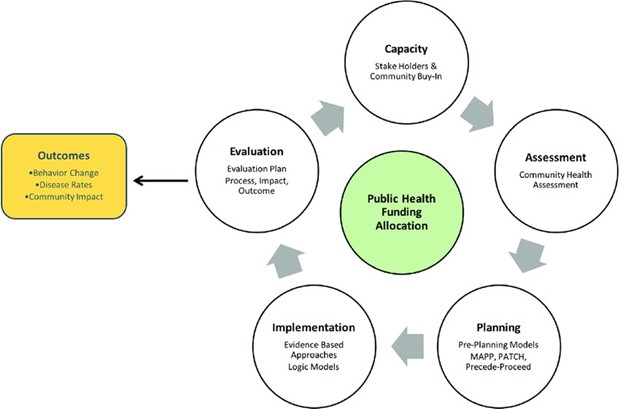You are the Special Care Nursery nurse reviewing the chart of a 36-hour-old neonate who was born at 36 weeks. Do you understand which of the following would place the neonate at risk for physiologic jaundice?
Immature liver due to prematurity.
Cephalohematoma as a result of vacuum delivery.
Mom's blood type is A-negative, and baby's blood type is O-positive
Fetal biliary atresia as noted on 28-week ultrasound.
The Correct Answer is C
Mom's blood type is A-negative, and baby's blood type is O-positive would place the neonate at risk for physiologic jaundice due to Rh incompatibility. When mom is Rh-negative and baby is Rh-positive, the mother's immune system can create antibodies that attack the baby's red blood cells, leading to the destruction of red blood cells and subsequent release of bilirubin, which can result in jaundice.
Nursing Test Bank
Naxlex Comprehensive Predictor Exams
Related Questions
Correct Answer is C
Explanation
The Health Planning Model includes the following components: Assessment, Planning, Implementation, and Evaluation

Correct Answer is B
Explanation
Hydatidiform mole is a rare complication of pregnancy that occurs when the placenta develops into an abnormal mass of cysts rather than a healthy placenta. Signs and symptoms of molar pregnancy may include vaginal bleeding during the first trimester of pregnancy, unusually high levels of hCG, and a uterus that is larger than expected for the gestational age. Hyperemesis gravidarum is also common.
Whether you are a student looking to ace your exams or a practicing nurse seeking to enhance your expertise , our nursing education contents will empower you with the confidence and competence to make a difference in the lives of patients and become a respected leader in the healthcare field.
Visit Naxlex, invest in your future and unlock endless possibilities with our unparalleled nursing education contents today
Report Wrong Answer on the Current Question
Do you disagree with the answer? If yes, what is your expected answer? Explain.
Kindly be descriptive with the issue you are facing.
